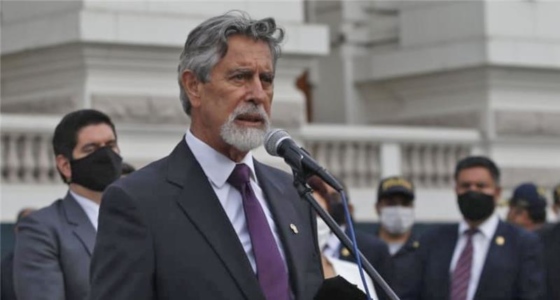
What Path Lies Ahead for Peru’s Latest President?
A Latin America Advisor Q&A featuring experts’ viewpoints on the ouster of President Martín Vizcarra in Peru.
A Latin America Advisor Q&A featuring experts’ viewpoints on the ouster of President Martín Vizcarra in Peru.
On November 13, the Inter-American Dialogue hosted the event “What Next for a Troubled Peru?” to discuss the impeachment of Peruvian president Martín Vizcarra. The event addressed Peru’s political crisis in the context of the economic and public health crises the country has already been facing.
This document summarizes the main results of the ten country progress reports developed around the four agreements of the Bogota Declaration.
On June 24, 2020, the Working Group on Technology and Innovation in Education met to discuss the challenges presented by closing schools and the opportunities that educational technology can provide.
A Latin America Advisor Q&A featuring experts’ takes on Peru’s latest political crisis as tensions mount between President Martín Vizcarra and Congress.
On June 30, 2020, the Inter-American Dialogue hosted “Peru’s Covid-19 Outbreak,” a webinar featuring Alberto Vergara, Lucía Dammert, and Carolina Trivelli. The discussion focused on the political and institutional dimensions of the Covid-19 pandemic in Peru as the country faces some of the worst infection rates in the world.
Covid-19 is transforming organized crime. In addition to heightening the risk of violence, the pandemic is also indirectly strengthening the social, economic, and political clout of several criminal organizations in the same way that the Italian mafia and Japanese Yakuza emerged stronger after the great dislocations of the Second World War. Crime kingpins know full well that law enforcement and criminal justice systems are overstretched, and that prisons are bursting at the seams. They also know that an economic depression is coming, which may increase the risk of violence. It is not entirely clear if governments are similarly alert.
How have countries in Latin America adapted early childhood care services during the Covid-19 crisis? On June 18, this webinar explored how leaders have designed and implemented resources for children at every stage during the pandemic.
En esta entrevista para el programa 20/20 de Canal N, Michael Shifter y Mávila Huertas hablaron sobre los efectos del Covid-19 en América Latina, la situación actual en Perú, la importancia de las instituciones y las diferencias entre esta pandemia y la crisis financiera de 2008-2009.
What effect has the Covid-19 pandemic had on services for early childhood? This webinar explores how the responses in the region have responded to the crisis.
The recent oil price collapse, combined with the economic contraction resulting from measures to fight the global Covid-19 pandemic, will have extensive and largely unforetold impacts for Latin American energy markets and beyond. These implications include cuts to investment and delays to ongoing projects in both oil & gas and renewable energy, fiscal and broader economic constraints, and legal disputes, said panelists during a webinar held on April 1.
Political changes are shaping the outlook in many of South America’s smaller and emerging oil and gas producers, including Guyana, Suriname, Ecuador, Peru and Bolivia. At a webinar co-hosted by the Inter-American Dialogue and the National Capital Area Chapter of the United States Association for Energy Economics (NCAC-USAEE), panelists discussed how political developments and the oil price decline are likely to impact producers in the region.
Este nuevo informe resume las conclusiones acordadas en el taller regional de Montevideo sobre un paquete básico de prestaciones universales para la primera infancia.
La exclusión y la expulsión son los resultados de estructuras estatales dañadas, afectadas por muchos países en condiciones estatales fallidas, así como la ausencia de consenso o polarización social y política sobre el tipo de sujeto político que conforma la sociedad moderna.
In a first, Peruvians voted in a legislative election held separately from a presidential ballot. President Martin Vizcarra dissolved the legislature last year, amid an anti-corruption campaign. Michael Shifter spoke with CGTN’s Roee Ruttenberg about the vote and what it means for Peru going forward.
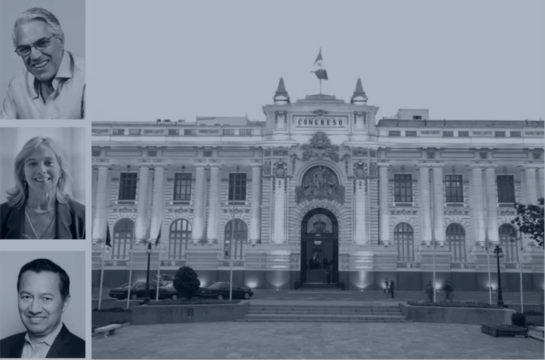 Video
Video

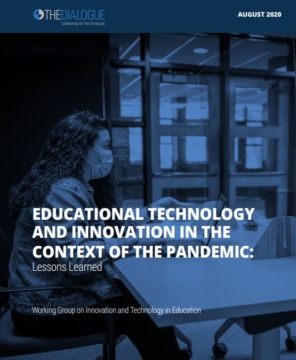
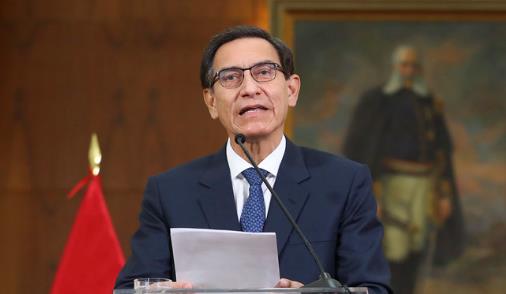
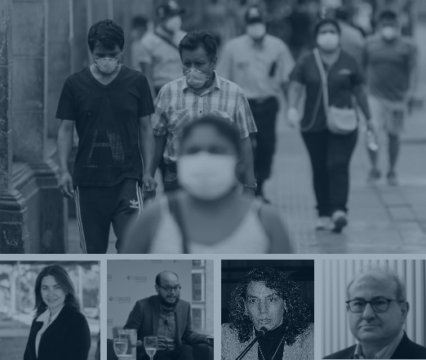 Video
Video
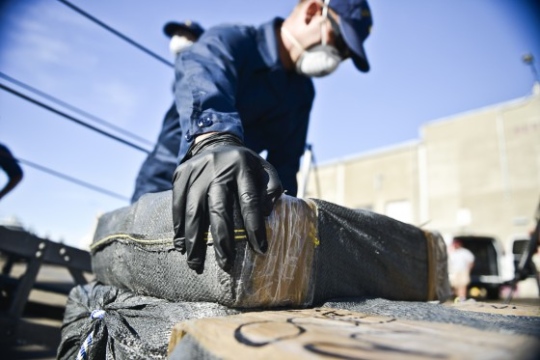
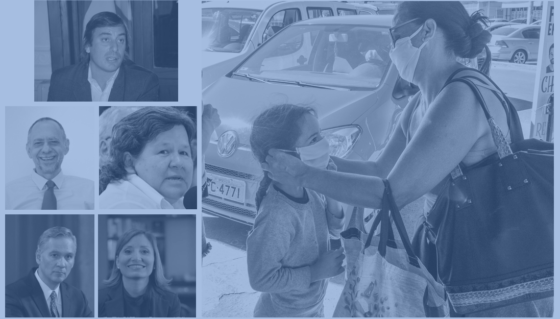 Video
Video
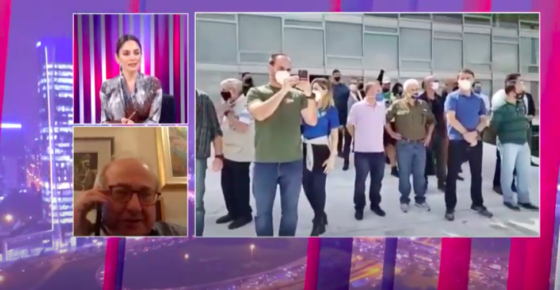 Video
Video
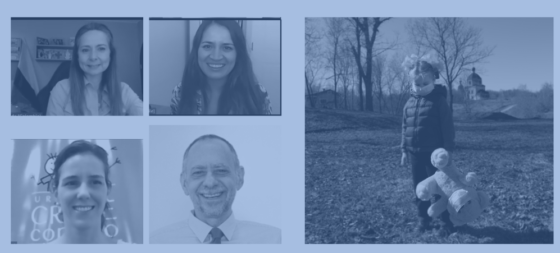 Video
Video
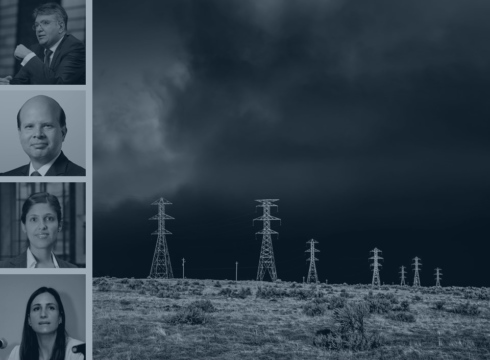 Video
Video
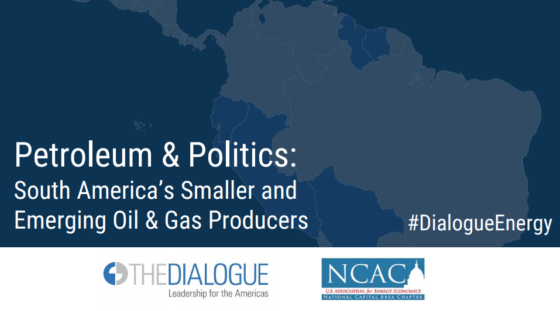 Video
Video
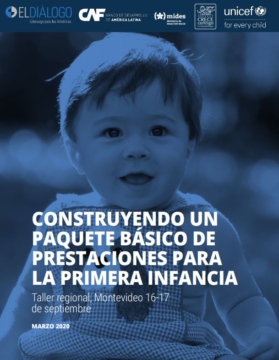
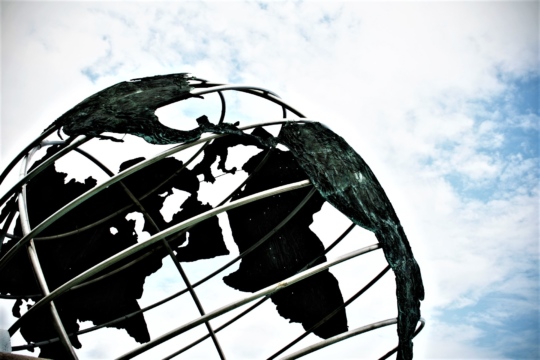
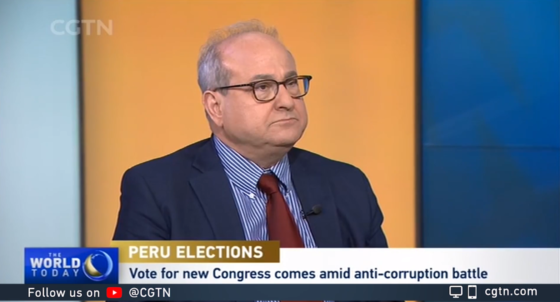 Video
Video